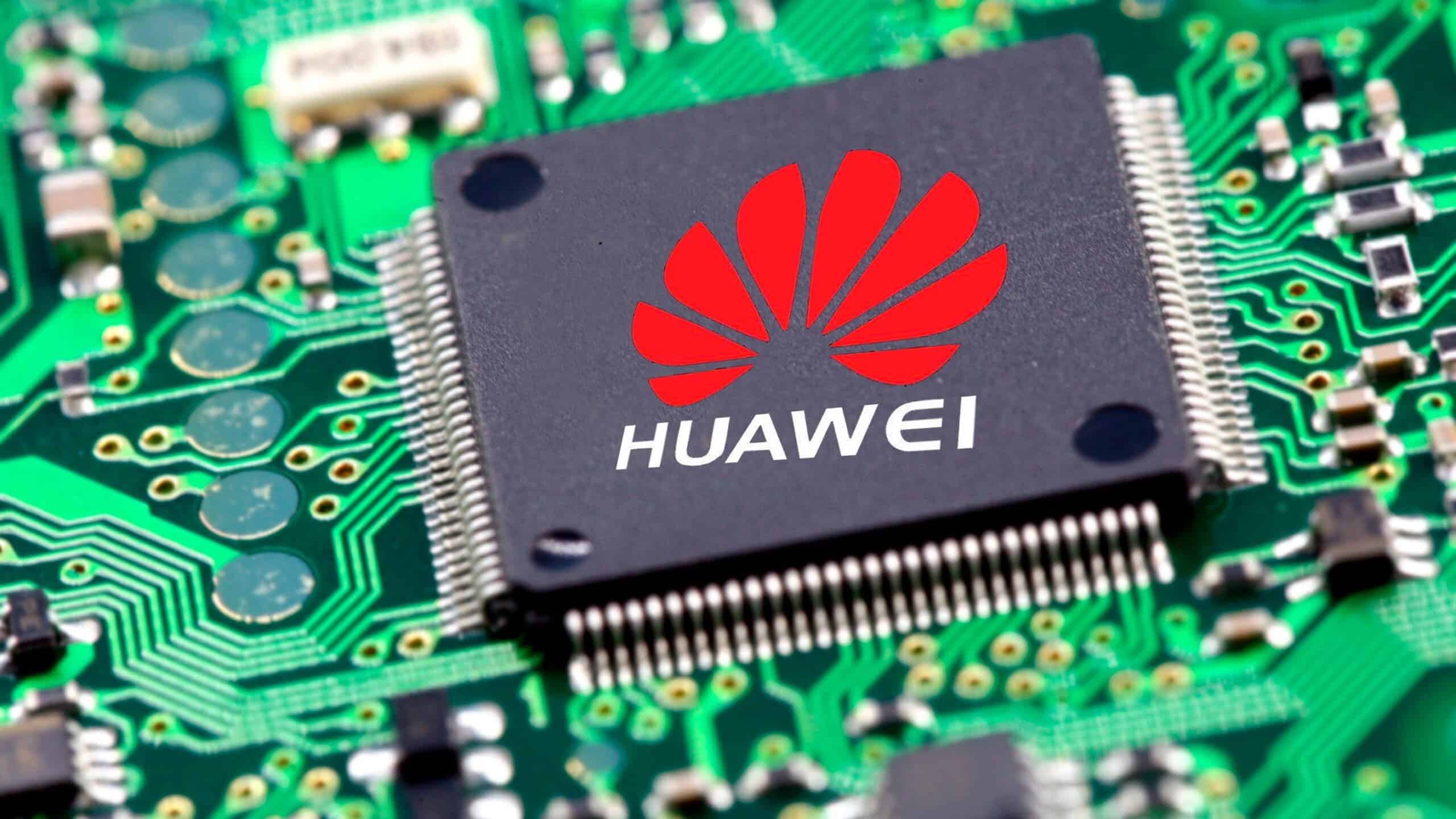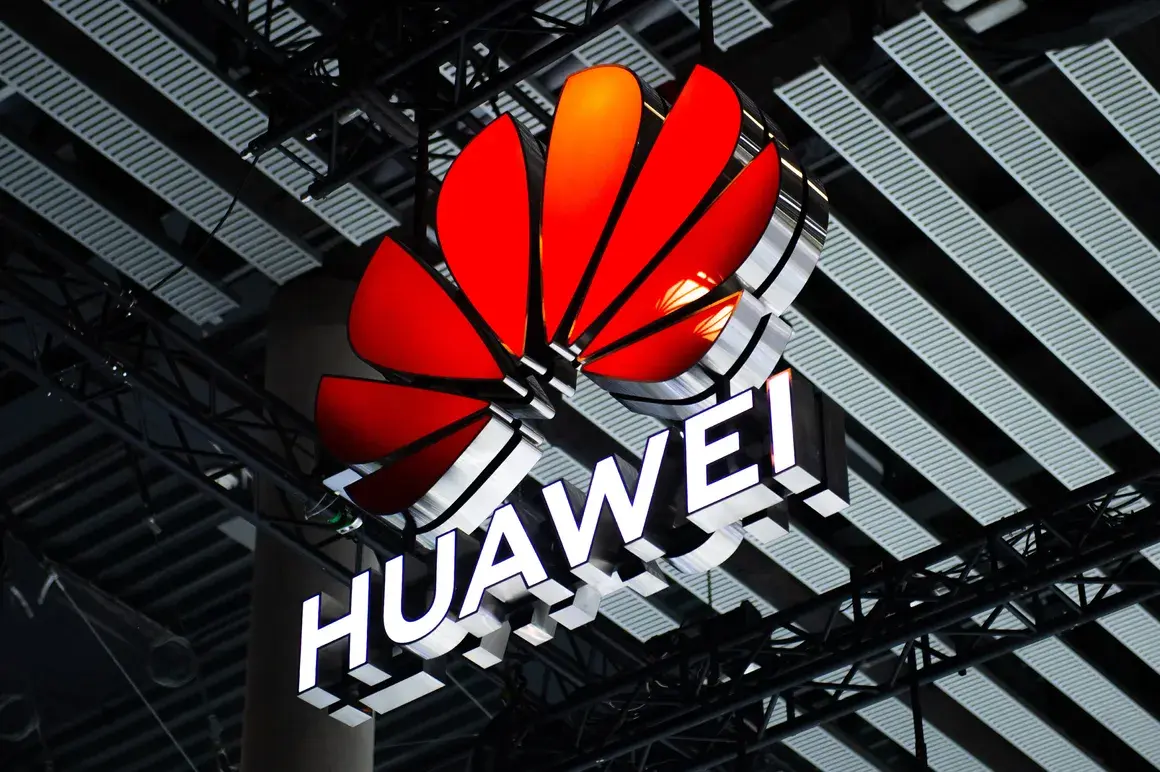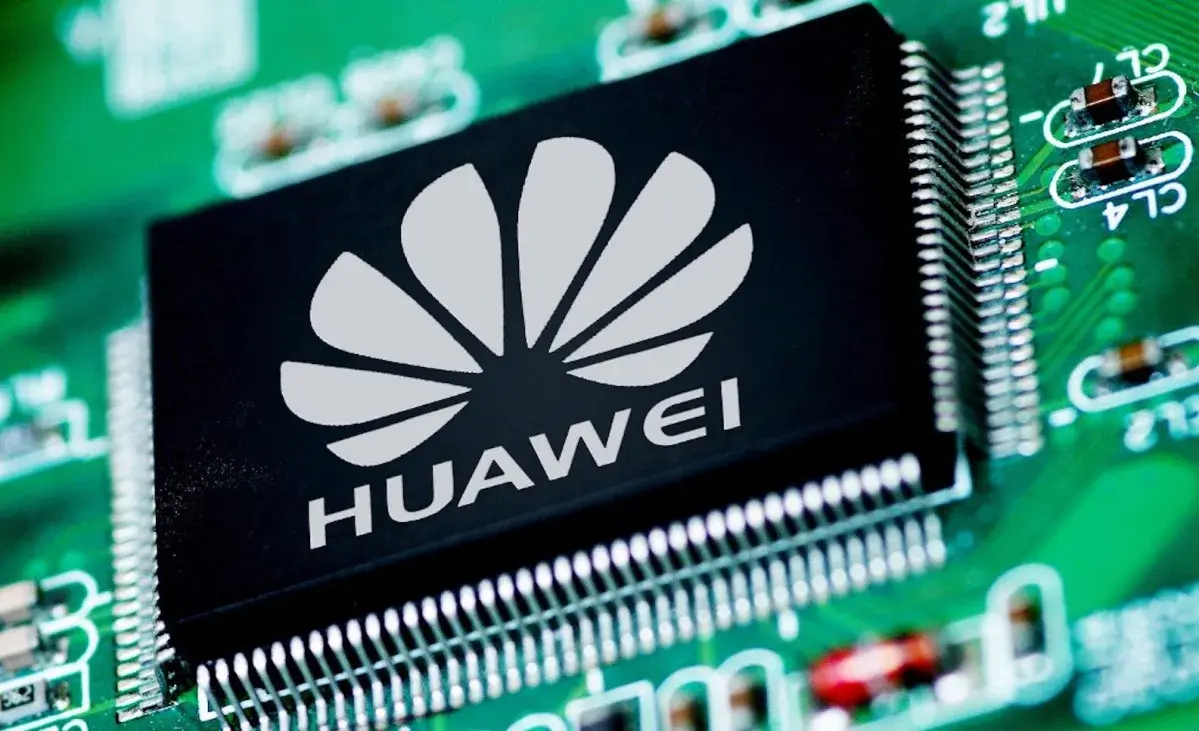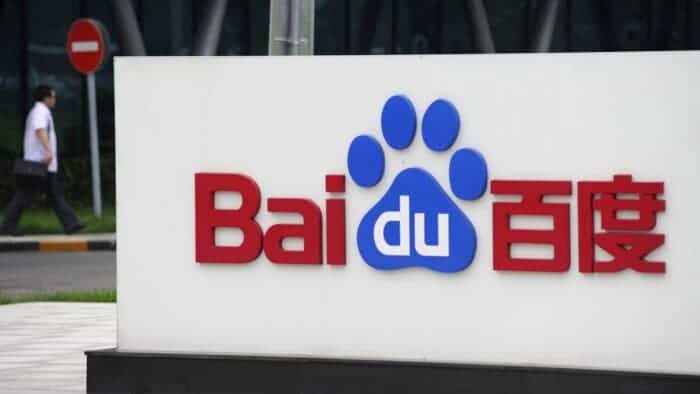Baidu (9888.HK) has reportedly ordered artificial intelligence chips from Huawei (HWT.UL) this year, according to sources. This suggests that U.S. pressure is leading Chinese companies to consider Huawei’s products as an alternative to those from Nvidia.
Baidu is a prominent AI company in China known for operating the Ernie large language model. Reports say that Badu made an AI chip order from Huawei in August. This occurred just before anticipated new U.S. government rules in October that further tightened restrictions on chip exports to China. The new ruling includes chips from Nvidia (NVDA.O), a major U.S. chip giant.
Details of Baidu’s Chip Order from Huawei 
Baidu placed an order for 1,600 of Huawei Technologies’ 910B Ascend AI chips. These chips, developed as an alternative to Nvidia’s A100 chip, were intended for 200 servers. By October, Huawei had reportedly delivered over 60% of the order. This approximates to 1,000 chips, to Baidu.
The total value of the order was around 450 million yuan ($61.83 million). Huawei was expected to complete the delivery of all the chips by the end of this year, according to the second person. Both sources chose to remain anonymous due to the confidential nature of the deal.
While the order is small compared to the historically larger orders Chinese tech firms placed with Nvidia, sources emphasize its significance. It indicates a notable shift, highlighting how certain companies are considering moving away from the U.S. company and exploring alternatives.
Baidu, along with Chinese counterparts like Tencent (0700.HK) and Alibaba (9988.HK), has been a longstanding customer of Nvidia. Notably, Baidu was not previously known to be a customer of Huawei for AI chips. This recent order suggests a shift in their sourcing strategy.
Huawei’s Ascend chips are considered less powerful than Nvidia’s in terms of performance. However, the first source mentioned that they are currently the most advanced domestic option within China. This suggests that despite performance differences, there’s a growing preference for domestically developed solutions.
In a statement, one source said: “They were ordering 910B chips to prepare for a future where they may no longer be able to purchase from Nvidia.”
Baidu and Huawei have not responded to requests for comments. Nvidia has also chosen not to provide a comment on the matter.
Huawei and Baidu’s Partnership Started in 2020 
According to Huawei’s website, the collaboration between Huawei and Baidu began in 2020. This was to ensure compatibility between Baidu’s AI platform and Huawei hardware. In August, both companies announced plans to enhance compatibility between Baidu’s Ernie AI model and Huawei’s Ascend chips.
Baidu has created its own line of Kunlun AI chips. The Kunlun chip will support large-scale AI computing. However, for training its Ernie large language model (LLM), the company has predominantly depended on Nvidia’s A100 chip.
Last year, the U.S. imposed new rules that would prevent Nvidia from selling A100 and H100 chips to China. For this reason, Nvidia introduced new A800 and H800 chips as substitutes for Chinese customers, including Baidu. However, due to the October rules, Nvidia is now restricted from selling these chips to China as well.
Huawei to Benefit from the New U.S chip Ruling 
Analysts anticipated last month that the U.S. restrictions would provide an opportunity for Huawei to grow in its $7 billion domestic market. Huawei has been under U.S. export controls since 2019.
This order contributes to the signs of technological progress for Huawei. Beijing has been investing heavily in the domestic semiconductor industry to bridge the gap with global competitors. There’s also a push for state-owned firms to substitute foreign technology with domestic alternatives. This showcases a broader effort to enhance China’s technological self-sufficiency.
In August, Huawei garnered significant global attention by unveiling a new smartphone. Analysts believe that the smartphone uses processors with advanced semiconductor technology which were developed internally. This move by the Chinese firm underscores Huawei’s notable progress in chip development despite facing sanctions.
A September report by Reuters suggested that Huawei’s chip design unit, HiSilicon, had started shipping newly developed Chinese-made processors for surveillance cameras to clients. This development serves as another sign of Huawei’s resurgence in certain sectors.





